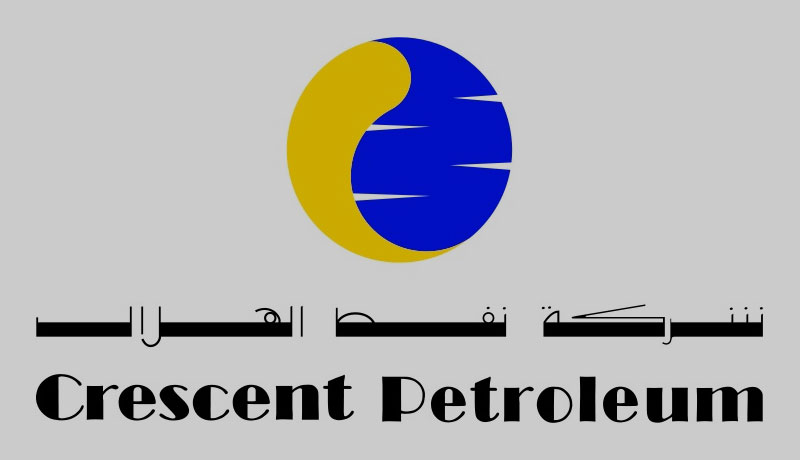27 December 2024, Fri |
9:21 AM

Dana Gas and Crescent Petroleum have reported record sales gas production from their operations in the Kurdistan Region of Iraq (KRI), reaching 452 million cubic feet per day (MMscf/d) by the end of 2020.
Majid Jafar, CEO of Crescent Petroleum and Board Managing Director of Dana Gas, said: “The achievement of this production milestone underscores the progress we continue to make at Khor Mor to meet the rapidly growing demand for natural gas in the KRI. Despite the challenges the whole world has faced over the past two years, we are proud to have continued delivering uninterrupted supply of clean-burning natural gas to support the KRI economy and enable a healthy recovery. Meanwhile, our major expansion plans at the Khor Mor and Chemchemal fields to target 1 billion cubic feet per day in the coming few years will enable improved services across the region for years to come.”
Dr Patrick Allman-Ward, CEO of Dana Gas, said: “This milestone is testament to our people and their hard work making consistent production growth possible at our Khor Mor gas plant. Our continued investments since 2018, notably the Khor Mor de-bottlenecking and bypass projects, have allowed us to deliver reliable supplies of clean energy to support the KRI economy and its people, with enhanced economic and environmental benefits which will increase as we further grow production.”
The production milestone is the result of various process improvements at the Khor Mor gas plant, including a bypass project that was finished in 2020 and a de-bottlenecking programme that was completed earlier in 2018. The process upgrades have increased production by 50% from 305 MMscf/d in 2018 to 500 MMscf/d in 2019.

On behalf of the Pearl Petroleum consortium, Dana Gas and Crescent Petroleum jointly operate the Khor Mor and Chemchemal gas fields, supplying the gas that enables much-needed electricity generation in the KRI while also producing close to 16,000 barrels of condensate and 1,000 tonnes of LPG per day. The KM250 expansion project at the facility, which is presently under construction and will raise total capacity by 55 percent to 700 MMscf/d by April 2023, will strengthen the significant process improvements.
After a one-year hiatus owing to the COVID pandemic, major construction on the US$630 million KM250 expansion project resumed in April 2021. The project is now on pace to begin in April 2023, as planned. The Company is also planning to drill up to five development wells as part of the expansion project, which are expected to start producing in March 2022.
The KM250 Gas Expansion Project is backed by a seven-year $250 million loan from the US International Development Finance Corporation (DFC), which was announced in September 2021. Following the completion of the KM250 project, the partners intend to build a second KM500 train to increase production to about 1 billion cubic feet per day in order to fulfil the growing demand for cleaner-burning natural gas and electricity generation in the Kurdistan Region and throughout Iraq.
To far, the Pearl Petroleum consortium has invested more than US$2.3 billion and produced more than 360 million barrels of oil equivalent (boe) of natural gas and liquids. The Kurdistan Region and Iraq as a whole benefit from the uninterrupted supply of gas to power plants in Erbil, Chemchemal, and Bazian, which provides over 80% of the KRI’s power generation and has resulted in significant fuel cost savings through the substitution of diesel, resulting in both environmental and economic benefits.
The substitution of gas for diesel for power generation in the KRI has resulted in CO2 emissions savings of 42 million tonnes, making a significant contribution to reducing greenhouse gas emissions and local air pollution in the region, as well as assisting the transition to better energy sources to combat global climate change.